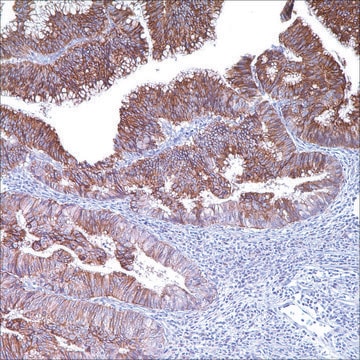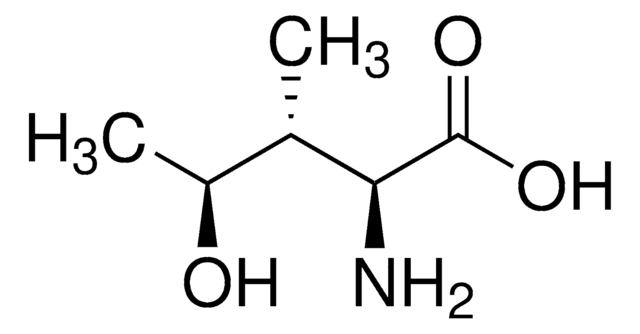Recommended Products
biological source
mouse
Quality Level
100
500
conjugate
unconjugated
antibody form
ascites fluid
antibody product type
primary antibodies
clone
5H6, monoclonal
description
(For In Vitro Diagnostic Use in Select Regions (See Chart))
form
buffered aqueous solution
species reactivity
human
packaging
vial of 0.1 mL concentrate (424M-14)
vial of 0.5 mL concentrate (424M-15)
bottle of 1.0 mL predilute (424M-17)
vial of 1.0 mL concentrate (424M-16)
bottle of 7.0 mL predilute (424M-18)
manufacturer/tradename
Cell Marque™
technique(s)
immunohistochemistry (formalin-fixed, paraffin-embedded sections): 1:25-1:100
isotype
IgG2aκ
control
Wilms’ tumor
shipped in
wet ice
storage temp.
2-8°C
visualization
nuclear
Gene Information
human ... CITED1(4435)
General description
Quality
 IVD |  IVD |  IVD |  RUO |
Linkage
Physical form
Preparation Note
Other Notes
Legal Information
Not finding the right product?
Try our Product Selector Tool.
Certificates of Analysis (COA)
Search for Certificates of Analysis (COA) by entering the products Lot/Batch Number. Lot and Batch Numbers can be found on a product’s label following the words ‘Lot’ or ‘Batch’.
Already Own This Product?
Find documentation for the products that you have recently purchased in the Document Library.
Our team of scientists has experience in all areas of research including Life Science, Material Science, Chemical Synthesis, Chromatography, Analytical and many others.
Contact Technical Service








